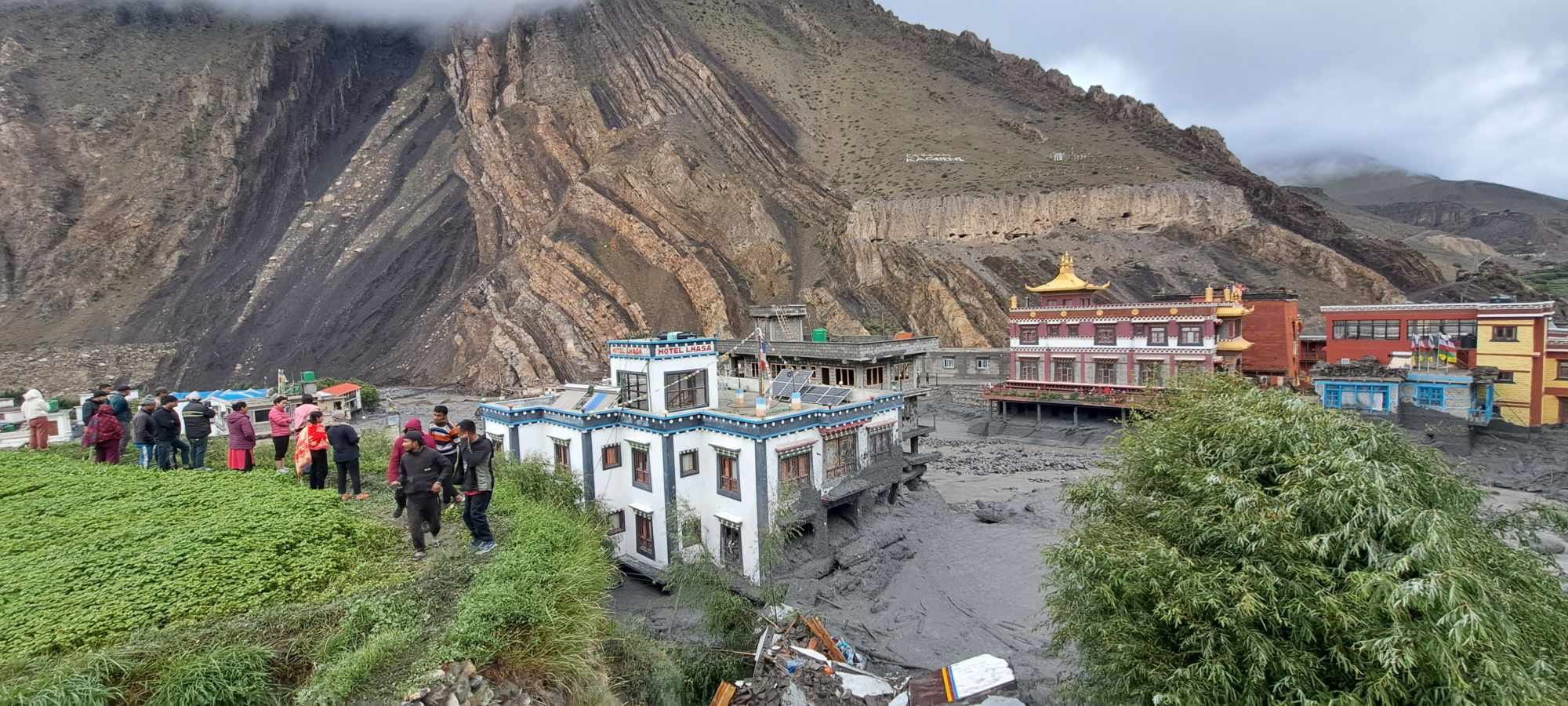Nepal being self reliant in these five products

Foreign imports have always been dominant in meeting the needs of daily essentials for Nepali people. In recent years, Nepal is gradually becoming self-reliant in five products, according to a report published by the Department of Industries. These products include Tea, Paints, Cable Wire, Footwares and Zinc Sheets.
Tea
Nepal has been producing, mainly, two types of Teas. CTC (Crush, Tear, Curl) Tea is produced in Jhapa district while Orthodox Tea is produced in districts like Illam, Panchthar, Dhankuta, Therathum and Sankhuwasabha in the Hilly regions of Nepal.
There are currently 146 Tea Estates and 14,014 tea farmers in Nepal. Tea is cultivated in 16,905 hectares of land in the country.
In the fiscal year 2019/20, as many as 24,000 metric tons of tea were produced in Nepal. Of them, 14,977 metric tons were CTC, 8,251 metric tons were Orthodox and 889 metric tons were Green Tea.
According to data from the Customs Department, import of tea from foreign lands has been gradually decreasing in the past five years. Likewise, Nepal has been exporting Nepali Tea to various countries like India, China, Hong Kong, Australia, Japan, European countries and America.
Cable Wire
There are a total of 25 cable wire producing industries in Nepal. These industries are producing only 40 percent of their capacities. Nepal has been importing these kinds of wires and conductors from India and China. Likewise, its raw materials are imported from Thailand, South Korea and Germany among other countries.
Around 1,000 people have been directly employed in these cable industries while 5,000 have been employed indirectly in Nepal. These industries have been producing electric wires, cables, conductors, telecommunication wires and auto cables.
Lumbini Electric Industry was the first of its kind to be established in Nepal in 1977 AD.
Footwears
After the privatization of the government-owned Bansbari Shoes Factory, footwear businesses seem to have flourished in Nepal. As many as 6,000 people have been benefited by these businesses in Nepal directly. Of them 30 percent are females.
Currently, there are six large-scale shoe industries, 15 middle-scale, 300 small and 1,200 cottage industries in Nepal.
In the fiscal year 2019/20, 40 million footwears were produced in Nepal while the market demand stands at around 70 million pairs.
Likewise, in the same fiscal year, Nepal exported 5,600,000 pairs of footwear to the international markets.
Paints
Pashupati Paints is the first paint industry of Nepal. It was established in 1984 in Sunsari district. In 1983, Asian Paints in support of Asian Paints Limited, India was established.
Nepal has a capacity to produce 200,000 metric tons of paints but only 118,000 metric tons is produced annually.
According to the business owners, the paint industries have invested as much as 20 billion rupees in the Nepali market. These industries supply more than 90 percent of the total demands of Nepali market.
Zinc Sheets
Hulsa Steel Industry is the first of its kind in Nepal. It was established in 1983 in Bara district. It was also the first industry to produce color zinc sheets in Nepal while the market demand stands at 300,000 metric tons.
There are currently five zinc sheets industries in Nepal with the capacity of 600,000 metric tons. But, these industries have only been producing 218,000 metric tons of zinc sheets annually.
Nepal also exports zinc sheets to foreign markets as well. As many as 1,500 people have been directly benefited from this industry through employment opportunities. These industries currently, consume 10 MW of electricity with an investment of around 2.5 billion rupees.










Leave Comment